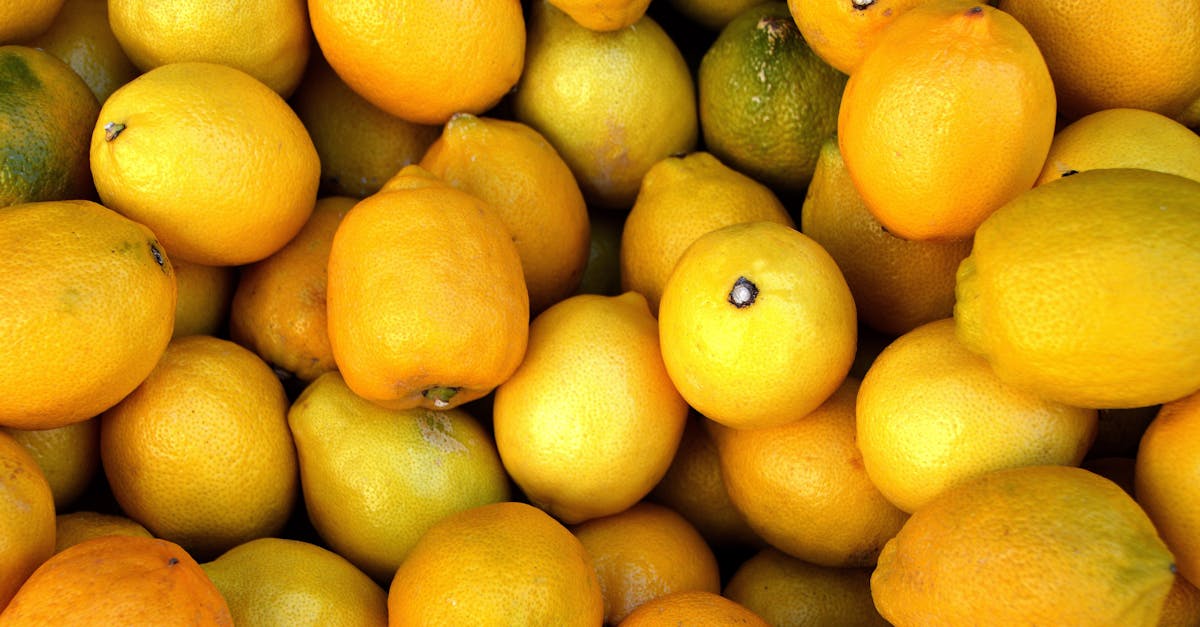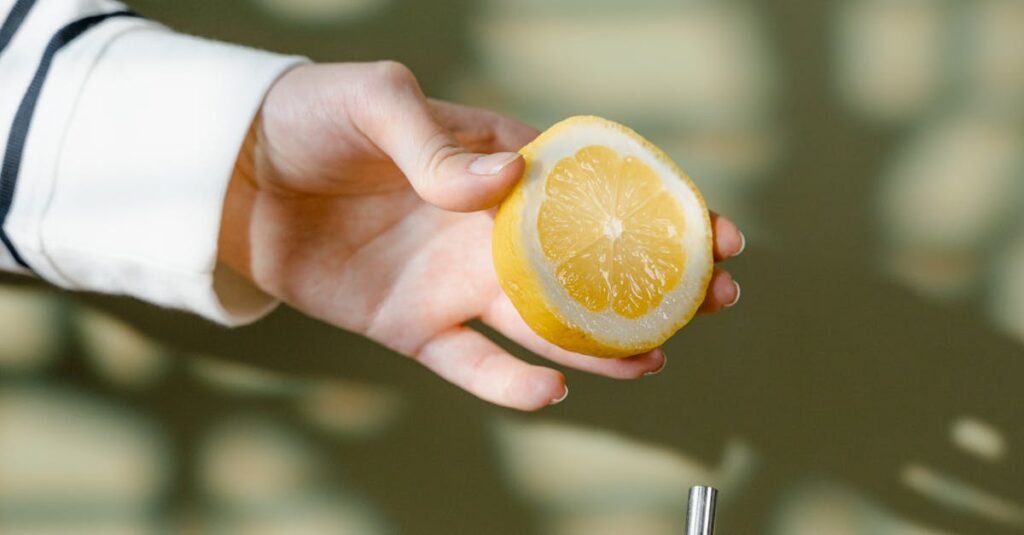Skin peeling on the fingers, particularly around the nails, can be a perplexing and uncomfortable condition. While it may seem like a cosmetic issue, it can often be a sign of underlying health problems, especially vitamin deficiencies. Understanding the connection between your skin health and nutrition is crucial for overall well-being. In this blog post, we will explore the top reasons that may cause skin peeling near the nails, focusing on the role of vitamins and how they can affect your skin.
| Vitamin Deficiency | Symptoms | Foods to Include |
|---|---|---|
| Vitamin B2 (Riboflavin) | Skin peeling, cracks, and sores | Almonds, eggs, spinach |
| Vitamin B3 (Niacin) | Dry skin, rashes, and peeling | Poultry, fish, whole grains |
| Vitamin B7 (Biotin) | Peeling skin, brittle nails | Egg yolks, nuts, seeds |
| Vitamin C | Dry skin, easy bruising | Citrus fruits, strawberries, bell peppers |
| Vitamin D | Dry skin, irritation | Fatty fish, fortified foods, sunlight |
| Vitamin E | Dry skin, peeling | Nuts, seeds, spinach |
| Omega-3 Fatty Acids | Dry, flaky skin | Fatty fish, flaxseeds, walnuts |
| Zinc | Skin peeling, slow healing | Meat, shellfish, legumes |
| Iron | Pale skin, weakness | Red meat, beans, lentils |
| Magnesium | Skin irritations, peeling | Leafy greens, nuts, whole grains |
Vitamin B2 (Riboflavin)
Vitamin B2, or riboflavin, is essential for maintaining healthy skin. A deficiency can lead to symptoms such as skin peeling, cracks, and sores around the nails. To combat riboflavin deficiency, include foods like almonds, eggs, and spinach in your diet, as they are rich sources of this vitamin.

Vitamin B3 (Niacin)
Niacin, or vitamin B3, plays a crucial role in skin health. When deficient, individuals may experience dry skin, rashes, and peeling. To increase your niacin intake, consider adding poultry, fish, and whole grains to your meals.

Vitamin B7 (Biotin)
Biotin, commonly known as vitamin B7, is vital for healthy skin and nails. A deficiency can cause peeling skin and brittle nails. To boost your biotin levels, incorporate egg yolks, nuts, and seeds into your diet.

Vitamin C
Vitamin C is well-known for its antioxidant properties and its role in collagen production. A lack of vitamin C can lead to dry skin and easy bruising, which may manifest as peeling skin around the nails. To enhance your vitamin C intake, consume citrus fruits, strawberries, and bell peppers.

Vitamin D
Vitamin D is essential for skin health, and its deficiency can result in dry skin and irritation. Adequate sunlight exposure and dietary sources such as fatty fish and fortified foods can help maintain proper vitamin D levels.

Vitamin E
Vitamin E is crucial for skin hydration and protection. A deficiency can lead to dry and peeling skin. To ensure you get enough vitamin E, include nuts, seeds, and spinach in your diet.

Omega-3 Fatty Acids
Omega-3 fatty acids are essential for maintaining skin moisture and preventing dryness. A lack of these fatty acids can result in dry, flaky skin. Fatty fish, flaxseeds, and walnuts are excellent sources of omega-3s.

Zinc
Zinc is important for skin healing and integrity. A deficiency can cause skin peeling and slow healing of wounds. To increase your zinc levels, include meat, shellfish, and legumes in your meals.

Iron
Iron deficiency can lead to pale skin and weakness, which may also affect the skin around the nails. To combat iron deficiency, consume red meat, beans, and lentils, which are rich in iron.

Magnesium
Magnesium is vital for numerous bodily functions, including skin health. Deficiency may result in skin irritations and peeling. To increase your magnesium intake, focus on leafy greens, nuts, and whole grains.

FAQ
What causes skin peeling on fingers near nails?
Skin peeling near the nails can be caused by various factors, including vitamin deficiencies, dry skin, eczema, or contact dermatitis. Identifying the underlying cause is essential for effective treatment.
How can I treat skin peeling on my fingers?
To treat skin peeling, ensure adequate hydration, moisturize regularly, and consider dietary changes to include vitamins essential for skin health. Consult a healthcare professional for persistent issues.
When should I see a doctor about skin peeling?
If skin peeling is accompanied by severe pain, swelling, or signs of infection, or if it persists despite home treatment, it is advisable to seek medical attention.
Can vitamin deficiencies be corrected through diet alone?
In many cases, vitamin deficiencies can be addressed through a balanced diet rich in fruits, vegetables, whole grains, and lean proteins. However, supplements may be necessary for some individuals.
References:
– [National Institutes of Health – Vitamin B2](https://ods.od.nih.gov/factsheets/Riboflavin-HealthProfessional/)
– [National Institutes of Health – Vitamin B3](https://ods.od.nih.gov/factsheets/Niacin-HealthProfessional/)
– [National Institutes of Health – Vitamin B7](https://ods.od.nih.gov/factsheets/Biotin-HealthProfessional/)
– [National Institutes of Health – Vitamin C](https://ods.od.nih.gov/factsheets/VitaminC-HealthProfessional/)
– [National Institutes of Health – Vitamin D](https://ods.od.nih.gov/factsheets/VitaminD-HealthProfessional/)
– [National Institutes of Health – Vitamin E](https://ods.od.nih.gov/factsheets/VitaminE-HealthProfessional/)
– [National Institutes of Health – Omega-3 Fatty Acids](https://ods.od.nih.gov/factsheets/Omega3FattyAcids-HealthProfessional/)
– [National Institutes of Health – Zinc](https://ods.od.nih.gov/factsheets/Zinc-HealthProfessional/)
– [National Institutes of Health – Iron](https://ods.od.nih.gov/factsheets/Iron-HealthProfessional/)
– [National Institutes of Health – Magnesium](https://ods.od.nih.gov/factsheets/Magnesium-HealthProfessional/)



